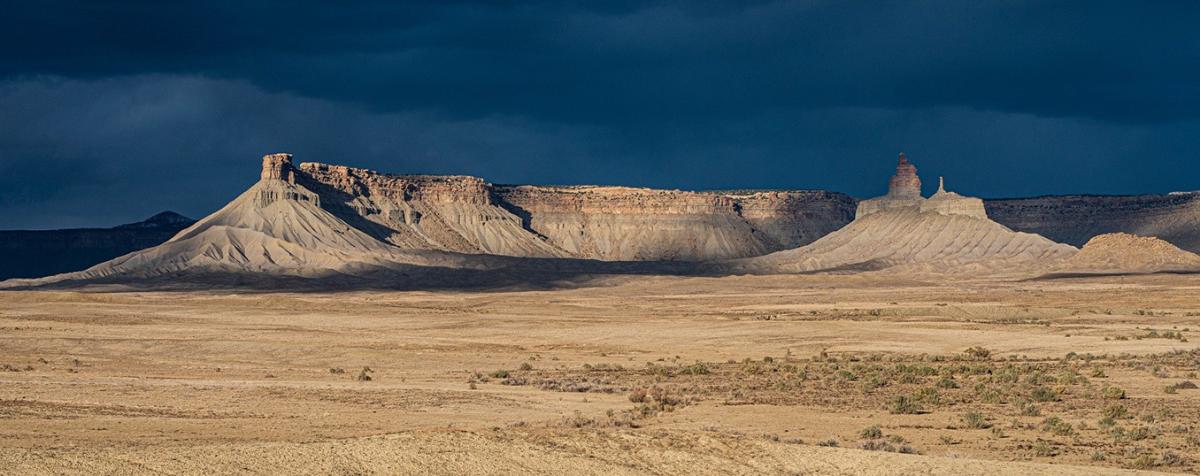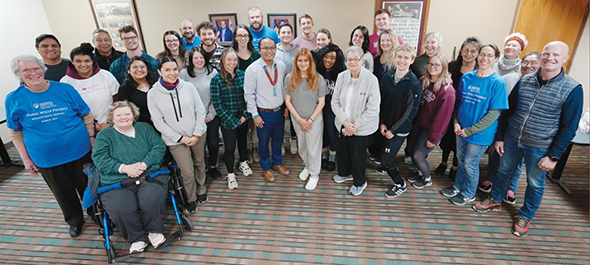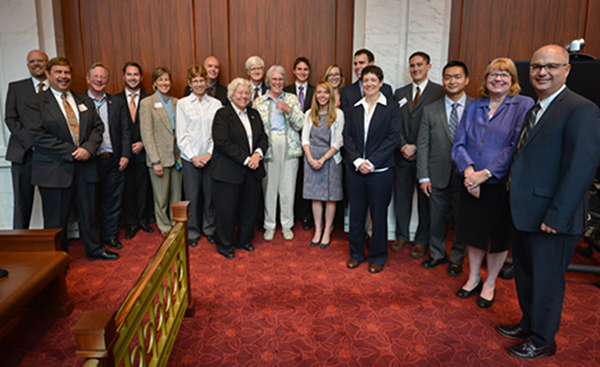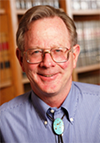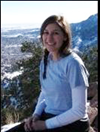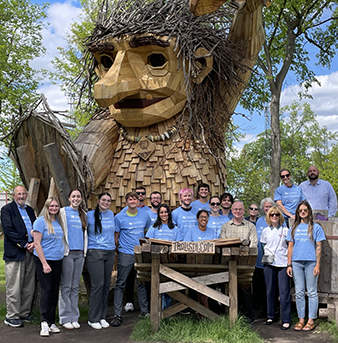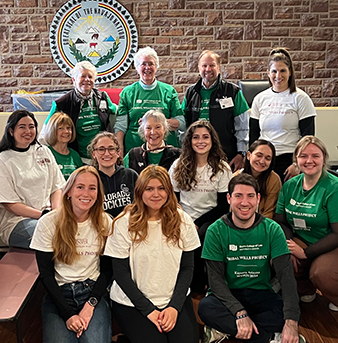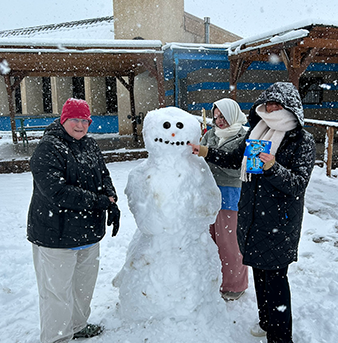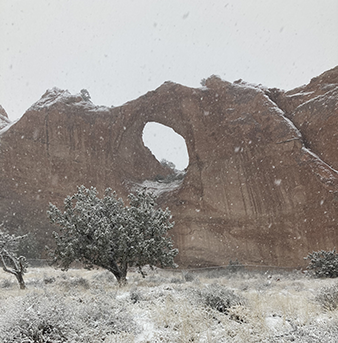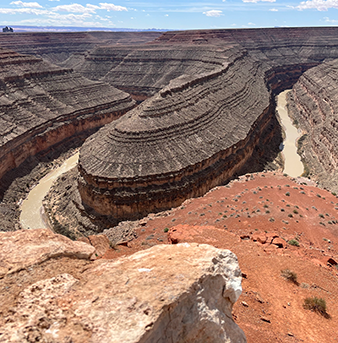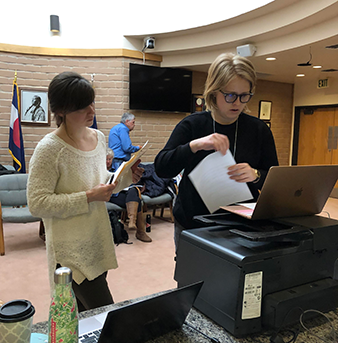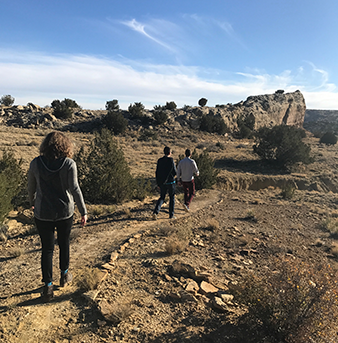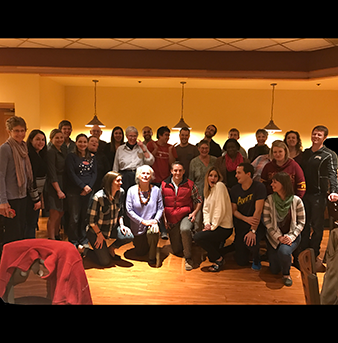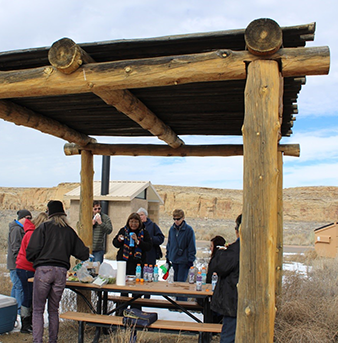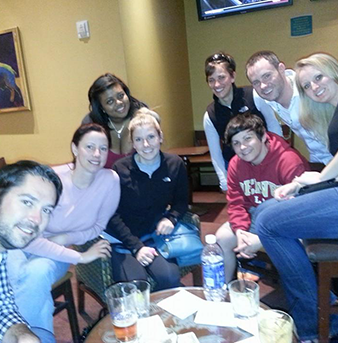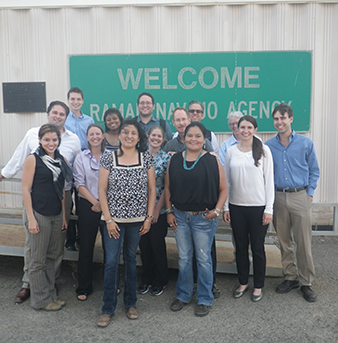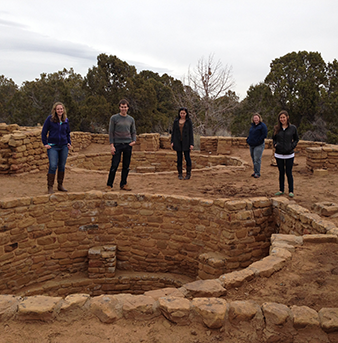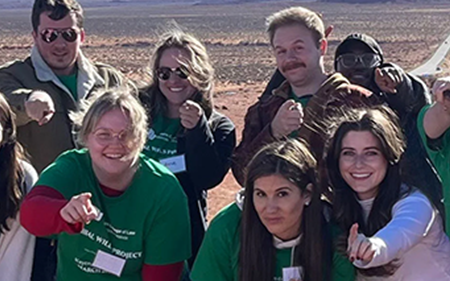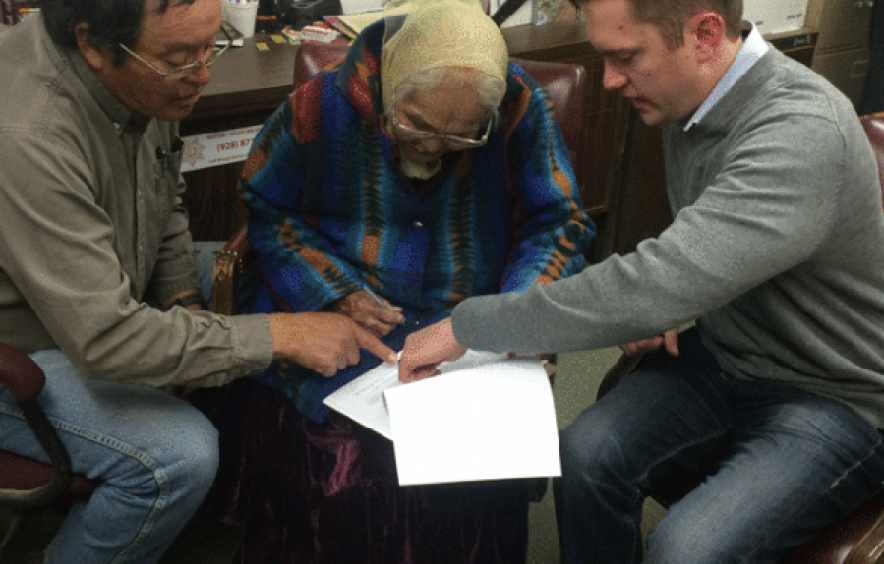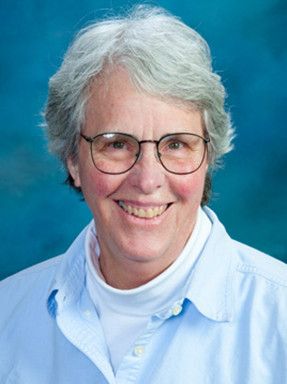Tribal Wills Project
When Congress amended the American Indian Probate Reform Act (AIPRA) in 2008, it drastically curtailed the way that tribal members’ trust lands are distributed to their families after death. Under the act, if a tribal member dies without a will, nearly all his or her trust land passes only to the one oldest child, (oldest grandchild or oldest great-grand-child) – leaving no trust land to the surviving spouse or to the other children. Thus, it is vitally important for tribal members to have wills. Yet there are very few lawyers available on the reservations, and very few lawyers who understand the complexities of AIPRA. The Tribal Wills Project at the University of Denver Sturm College of Law was created to help tribal members write much needed wills, medical powers of attorney, living wills, and memorial instructions.
The Tribal Wills Project is the largest such program in the country. Our mission is to provide free wills and related documents to tribal members living on various reservations – always at the invitation of the tribe or Nation involved.
Three times each year public-spirited law students give up a week of vacation time to participate in this project. To date, we have worked with tribal members in Arizona, California, Colorado, Minnesota, Montana, New Mexico, South Dakota, and Utah – learning a great deal from the people with whom we work. Students are supervised by volunteer attorneys, who provide excellent experiential education and mentoring, as we all learn to appreciate and respect the variety of cultural and historical experiences among indigenous people of this country. Donations make it possible for us to pay expenses for all students who participate, so that no student is excluded from this remarkable educational experience because of finances.
Per Dean Bruce Smith, “The Tribal Wills Project is a testament to the public-spiritedness of our students; the generosity of our alumni and others; the excellence of our experiential learning enterprise; and our institutional commitment to equity, social justice, and the public good.”

